|
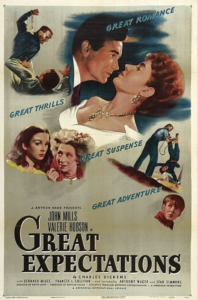
Synopsis:
A young orphan (Anthony Wager) who exhibits kindness to an escaped convict (Finlay Currie) is sent to be the playmate of a girl (Jean Simmons) living with an embittered older woman (Martita Hunt). Years later, grown Pip (John Mills) becomes a gentleman through the help of an unknown benefactor, re-encounters the convict, and remains enamored with his childhood crush (now played by Valerie Hobson).
|
|
Genres, Themes, Actors, and Directors:
- Charles Dickens Films
- David Lean Films
- Jean Simmons Films
- John Mills Films
- Orphans
- Social Climbers
Review:
David Lean’s adaptation of Charles Dickens’ classic novel — listed as number five on the BFI’s list of all-time great British films — is widely acknowledged as its best cinematic rendering, and remains among the top Dickens adaptations ever produced. Upon its release, Bosley Crowther of the New York Times referred to it as “a perfect motion picture”, noting it could “safely be recommended as screen story-telling at its best” — and this lofty sentiment isn’t far from the truth. Lean and his crew manage to take Dickens’ dense, character-rich serial novel and turn it into a gripping, finely acted two-hour drama with a clear story arc and plenty of invigorating twists and turns.
Lean apparently had a very specific vision for how the film should look, and his attention to detail clearly pays off. From its opening scene at the cemetery on the moors, to Miss Havershim’s decaying manse, to Pip’s new living quarters as a “gentleman” in London, each of the carefully crafted sets (the film won an Oscar for best art and set direction) emanate Dickensian authenticity. Guy Green’s Oscar-winning cinematography is truly stunning, and the supporting performances by the ensemble cast are consistently impressive, embodying Dickens’ characters exactly as we likely imagine them. Among the notable stand-outs are Finley Currie as Magwitch the convict (appropriately menacing in his on-screen “debut” on the moors), Bernard Miles as Pip’s humble brother Joe Gargery, and Martita Hunt as the infamous spinster Miss Havisham.
Redeeming Qualities and Moments:
- Anthony Wager as young Pip
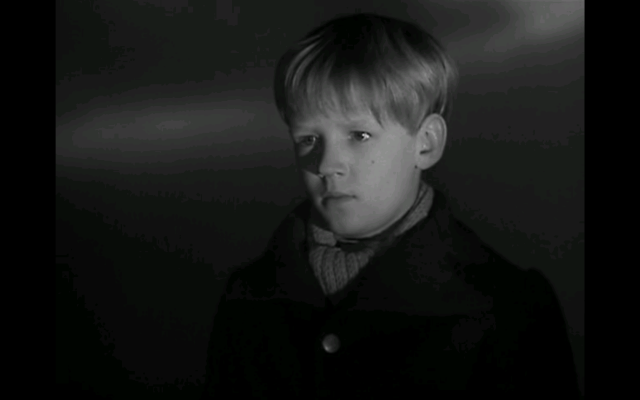
- John Mills as grown Pip
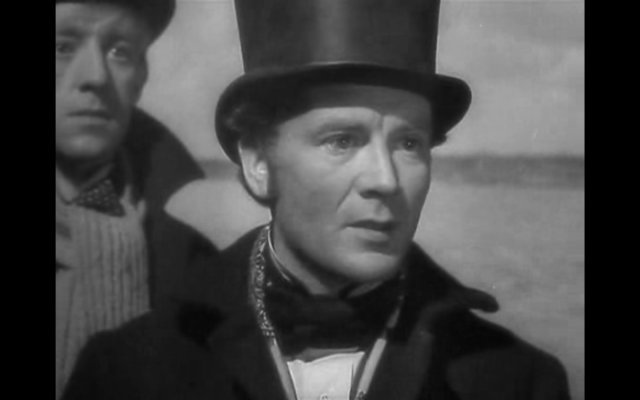
- Finlay Currie as Magwitch
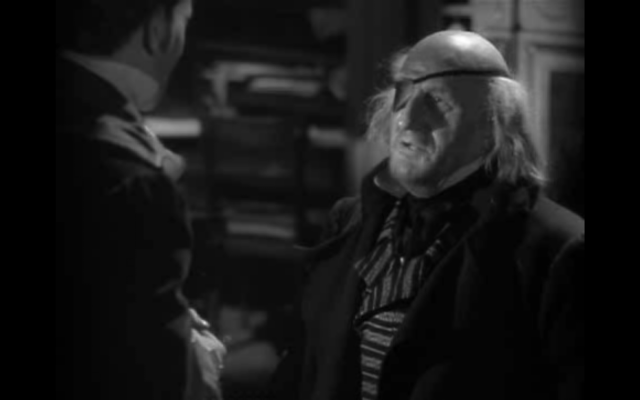
- Bernard Miles as Joe Gargery
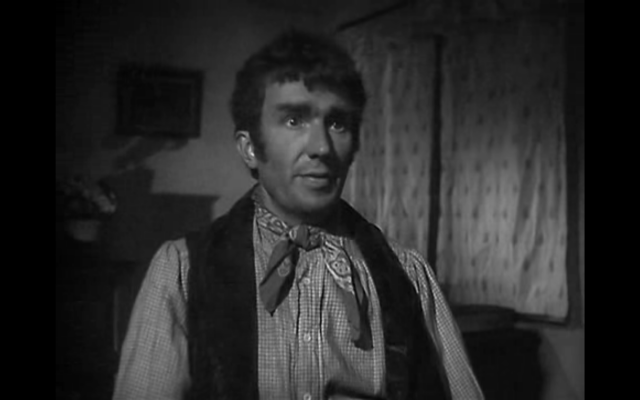
- Martita Hunt as Miss Havisham
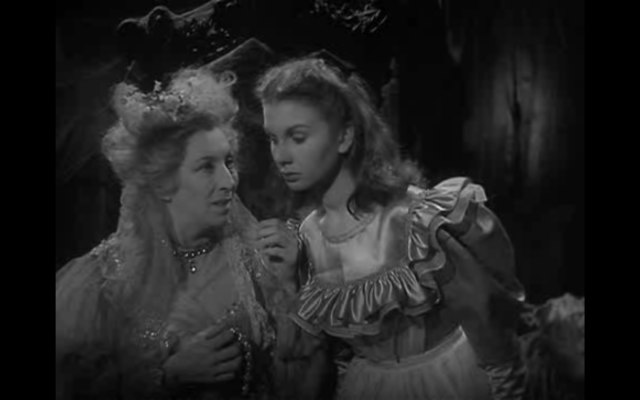
- Francis Sullivan as Mr. Jaggers
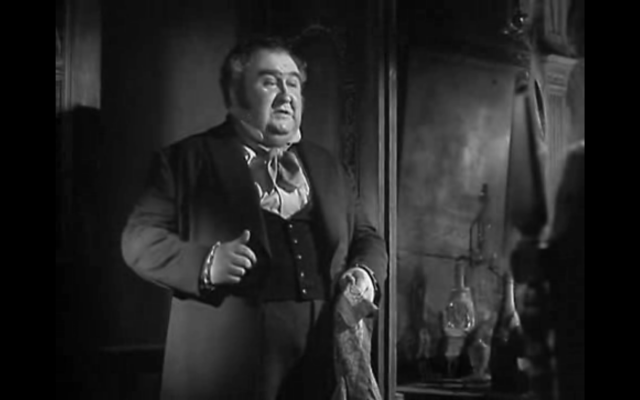
- The incredibly tense opening sequence on the moors
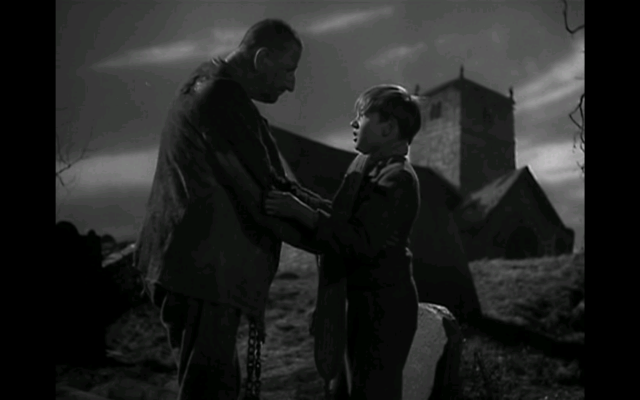
- Guy Green’s stunning cinematography
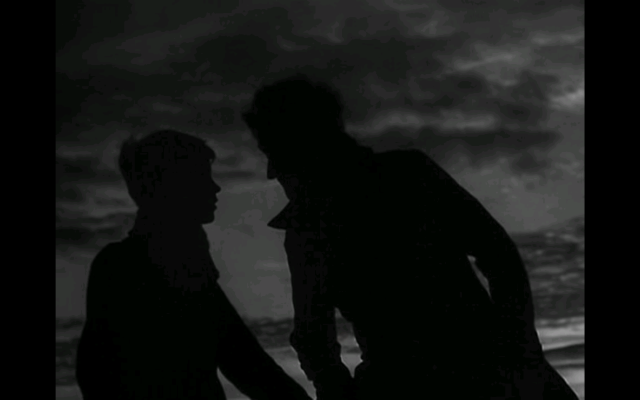
- Fine period sets
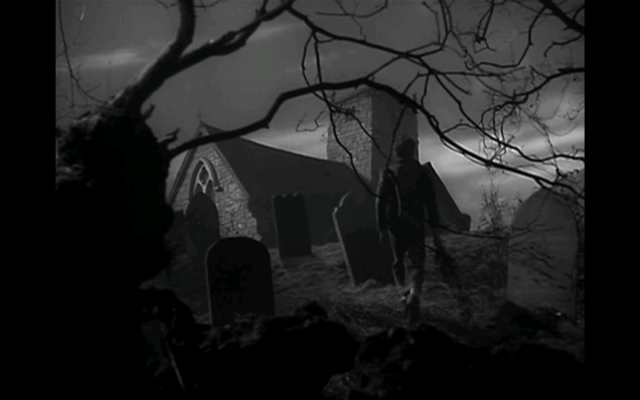
Must See?
Yes, as a classic rendering of a classic novel. Nominated by Peary as one of the best pictures of the year in his Alternate Oscars.
Categories
- Genuine Classic
- Oscar Winner or Nominee
(Listed in 1001 Movies You Must See Before You Die)
Links:
|










One thought on “Great Expectations (1946)”
A once-must, for its place in cinema history.
One can’t help but admire this film simply for its remarkable craftsmanship – it most certainly is solid filmmaking in all respects (and certainly earned its Oscar recognition; particularly DP Green’s astounding contribution). Its ultimate payoff is its cumulative effect – up till then, you may be led to believe that its aim is to be a tale well told…which, of course, it is, but the film’s resolution (say, the last 20 minutes) has surprising power.
On this revisit, I found myself meditating on the film’s depiction of those in the world who are by nature kind, those who are cold-hearted, and those who are caught in-between the two in strange ambivalence.
One doesn’t mainly watch a film like this for its acting. Although the cast does a commendable job, turning in more-than-respectable work, they are all mainly working in service to the story, submerging themselves into it. For me, though, a few do stand out somehow: Currie, the angelic Wager and Alec Guinness as Herbert.
I’m not sure that I would list it as high as #5 on the all-time-best of British list – mainly because I don’t feel it’s the kind of film that’s rich enough story-wise to merit multiple visits. But, nevertheless, it does have real distinction and strength and should be seen by all ffs.